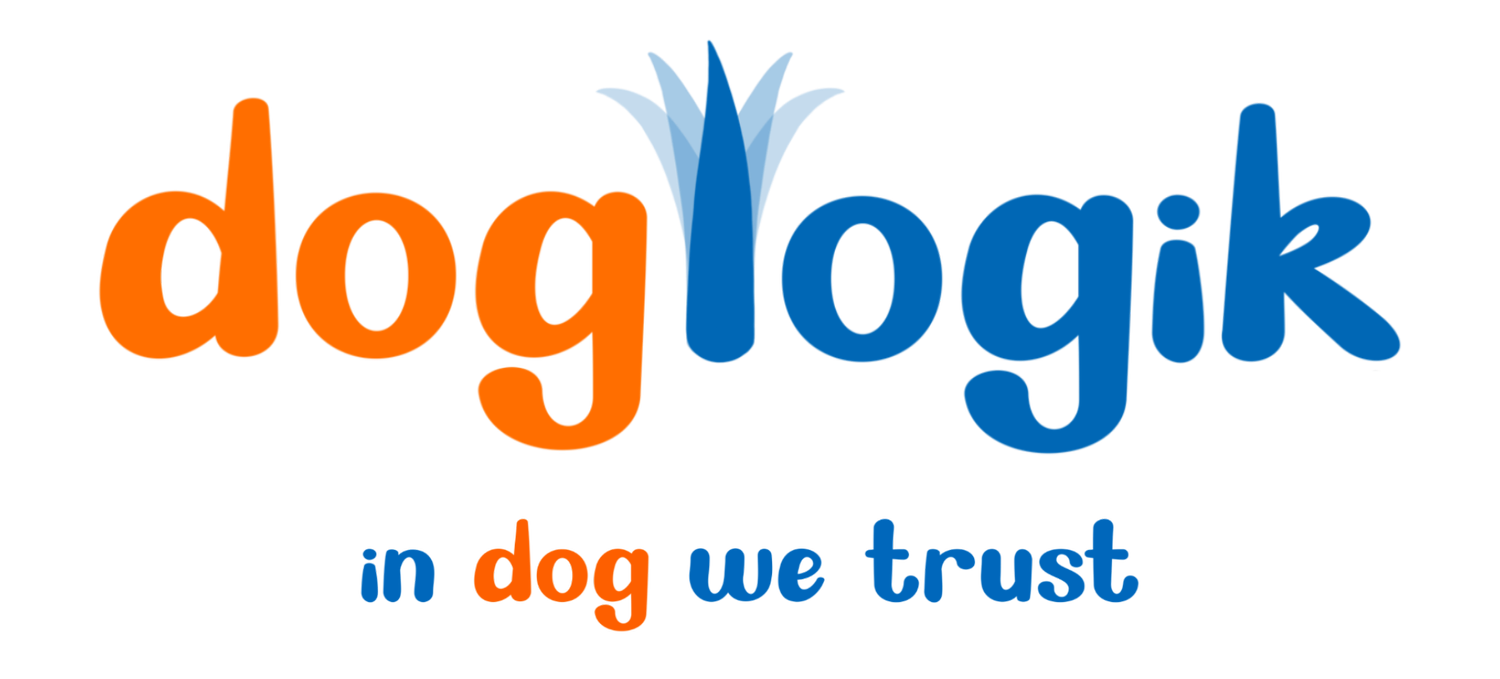Are You Accidentally Teaching Your Dog Bad Habits? (Oops!)
Are You Accidentally Teaching Your Dog Bad Habits? (Oops!)
We love our dogs. We snuggle them, spoil them, and sometimes talk to them like they’re tiny, four-legged humans. But here’s the kicker: without realizing it, we often train our dogs to do the very things we don’t want them to do. That’s right—our affectionate, well-meaning ways can sometimes send the wrong message.
If you’ve ever wondered, “Why does my dog keep doing that?!”—it might be time for a little self-reflection. Let’s dive into some of the most common ways we unintentionally reinforce unwanted behaviors and how to turn things around.
Coddling in Stressful Situations
Ever seen a dog tremble during a thunderstorm? Or hesitate at the vet’s office? It’s only natural to scoop them up and shower them with comfort. But to your dog, this affection isn’t just soothing—it’s confirmation that they’re right to be scared!
What Your Dog Learns:
“Yikes! Thunder is terrifying! Good thing my human is validating my fear.”
What to Do Instead:
Stay calm and neutral. Reward confidence instead of fear. If your dog is nervous, encourage them with treats and praise when they show bravery—not when they panic.
2. Badly Timed Affection
Dogs live in the now. If you give belly rubs right after they bark at the mailman, guess what? They think they’re being rewarded for the barking. If you give attention when they whine, they learn that whining = your undivided love and affection.
What Your Dog Learns:
“Barking? Whining? Jumping? My human LOVES it!”
What to Do Instead:
Be mindful of when you dish out attention. Reward quiet, calm behavior. If your dog is jumping, barking, or whining for attention, wait for a moment of calm before petting them.
3. Accidental Encouragement of Jumping
You walk in the door after a long day, and your dog leaps up in excitement. You laugh, ruffle their ears, maybe even give them a treat. And just like that, you’ve reinforced the behavior. Next time, don’t be surprised when your pup launches themselves at Grandma.
What Your Dog Learns:
“Jumping = Fun! Attention! Yay!”
What to Do Instead:
Ignore jumping. Turn away, fold your arms, and only reward calm greetings with all the love they crave. If needed, teach an alternative behavior, like sitting when you come home.
4. Giving in to Begging
Picture this: you’re enjoying a nice dinner when a pair of big, soulful eyes appear beside your chair. You hold out a little bite. What harm could it do? Fast forward a few weeks, and your dog is practically hosting your dinner parties, shamelessly expecting a portion of every meal.
What Your Dog Learns:
“Staring at humans while they eat = snacks rain from the sky!”
What to Do Instead:
Set clear mealtime rules. If begging starts, ignore it completely. Better yet, give your dog a designated spot during meals and reinforce that behavior instead.
5. Letting the Leash Pulling Slide
It starts innocently enough—your dog tugs forward on a walk, and you follow. Before you know it, you’re the one being walked.
What Your Dog Learns:
“Pulling = getting where I want to go!”
What to Do Instead:
Stop moving when the leash goes tight. Reward loose-leash walking with treats and praise. It takes patience, but your shoulders will thank you!
6. Rewarding Over-Excitement
When guests arrive, do you hype your dog up with an excited “Who’s here?! Go say hi!!”? If so, you might be setting them up for chaotic greetings.
What Your Dog Learns:
“Visitors mean it’s time to go WILD!”
What to Do Instead:
Teach a calm greeting. Have guests ignore your dog until they settle, then reward the calm behavior.
Final Thoughts: Be Intentional!
Dogs don’t do things to be naughty—they simply repeat what works for them. If a behavior gets them attention, treats, or access to fun, they’ll do it again!
So, if your dog is engaging in a behavior you don’t like, ask yourself: Am I unintentionally reinforcing this? If so, a little tweak in your reactions can go a long way.
And hey—if you’ve ever been guilty of one (or all) of these, don’t worry. We’ve all been there. The good news? Dogs are incredibly adaptable. A little consistency, some well-timed rewards, and a sprinkle of patience can turn those habits around.
Now, go forth and train wisely! (And maybe double-check who’s really training who in your household.)
